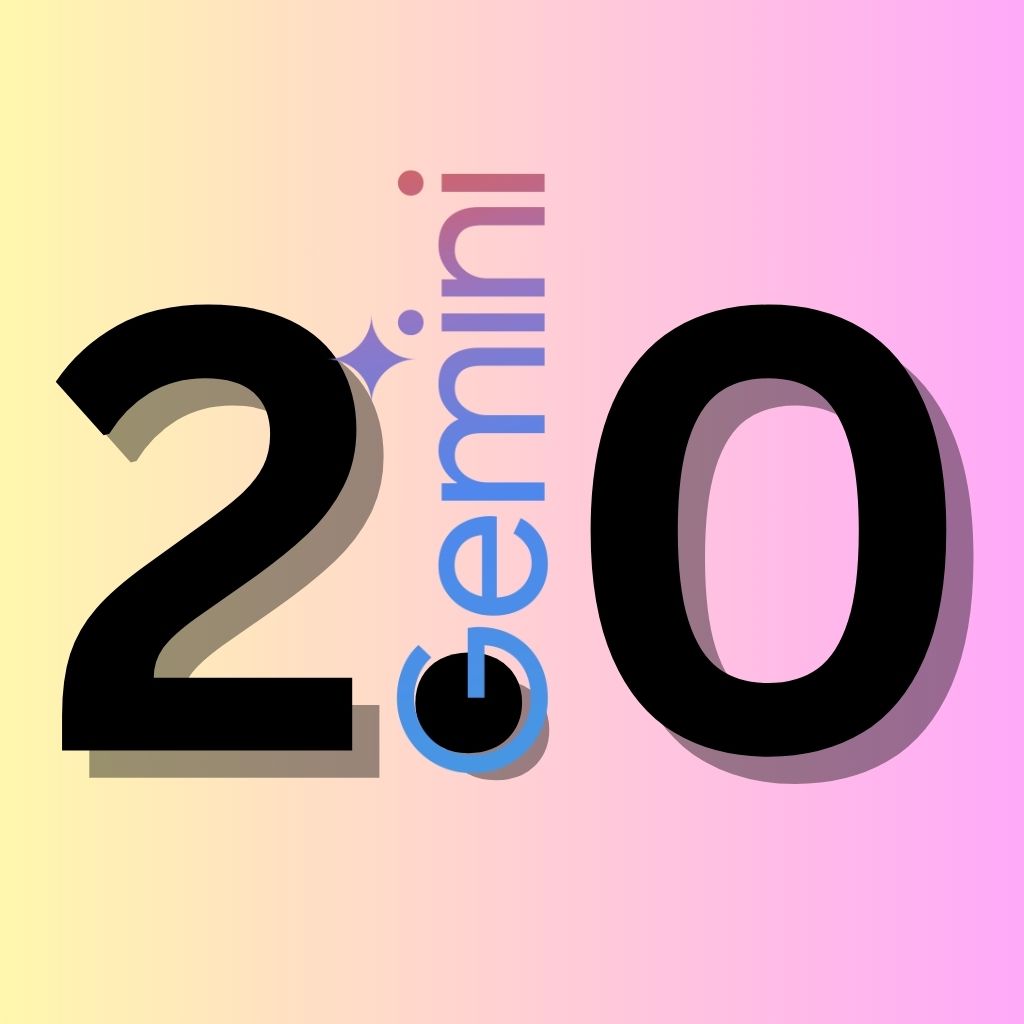Google has taken a significant leap in artificial intelligence with the launch of its new reasoning AI model, Gemini 2.0 Flash Thinking Experimental. This model, described as an advanced tool for problem-solving in programming, mathematics, and physics, is available on Google’s AI prototyping platform, AI Studio. While still in its experimental stages, Gemini 2.0 marks a promising step in AI’s evolution toward enhanced reasoning capabilities.
What is Gemini 2.0 Flash Thinking Experimental?
Gemini 2.0 Flash Thinking Experimental builds on Google’s recently announced Gemini 2.0 Flash model. The AI model is designed for multimodal understanding and reasoning, allowing it to approach complex problems with structured thought processes.
- Core Capabilities:
Gemini 2.0 can reason over intricate problems, explain its steps, and summarize results. It’s ideal for coding, math, and physics applications. - How It Works:
The model considers related prompts, processes potential solutions, and provides a thoughtful summary, aiming for precision and reliability.
Reasoning AI Models: The New Frontier
Reasoning AI models, like Gemini 2.0, differ from traditional AI in their ability to self-check and verify outputs. This reduces common AI pitfalls, enhancing reliability in complex scenarios.
However, this advanced reasoning comes at a cost—longer processing times. Reasoning models often take additional seconds or minutes to compute answers due to their complex inference processes.
Applications and Use Cases
Google envisions Gemini 2.0 as a versatile tool for a wide range of industries:
- Programming: Debugging and generating precise code snippets.
- Education: Solving advanced mathematical equations and physics problems.
- Research: Assisting in data interpretation and hypothesis testing.
Challenges and Criticism
Despite its potential, Gemini 2.0 isn’t without flaws. Initial testing revealed occasional missteps, such as incorrect responses to basic queries. Additionally, reasoning models demand high computational resources, raising concerns about scalability and cost-effectiveness.
The Competitive Landscape
Gemini 2.0 enters a competitive market already populated by models like OpenAI’s O1 and Alibaba’s Qwen. As reasoning models gain traction, tech giants and startups alike are racing to refine this emerging AI technology.
Google’s focus on reasoning models reflects a broader industry shift from brute-force AI scaling to more nuanced approaches that prioritize accuracy and interpretability.
Future Outlook
Jeff Dean, Google DeepMind’s chief scientist, expressed optimism about Gemini 2.0, calling it the “first step” in Google’s reasoning journey. The company plans to enhance the model further, potentially expanding its applications to natural language programming and advanced analytics.
Call to Action: Explore the capabilities of Gemini 2.0 Flash Thinking Experimental on Google’s AI Studio and experience the future of AI-driven reasoning today.
FAQs
Q1: What makes Gemini 2.0 different from other AI models?
A1: Gemini 2.0 specializes in reasoning and complex problem-solving, offering advanced multimodal understanding for tasks like coding and physics.
Q2: Is Gemini 2.0 available for public use?
A2: Yes, it’s accessible via Google’s AI Studio platform for experimental use.
Q3: What industries can benefit from Gemini 2.0?
A3: Industries like software development, education, and scientific research can leverage its capabilities.
Q4: How does Gemini 2.0 improve reasoning?
A4: It processes prompts methodically, considers related queries, and verifies results for higher accuracy.

